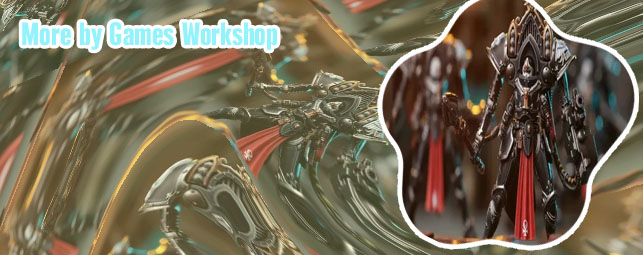Workshop game

Organizing a successful workshop game can be a fun and engaging way to educate, inspire, and entertain participants. To ensure that your workshop game is a hit, it's important to gather insights and ideas from experts in the field. Below are three articles that provide valuable tips, strategies, and examples to help you create an unforgettable workshop game experience.
10 Creative Workshop Game Ideas to Engage Participants
When it comes to organizing workshops, keeping participants engaged is crucial for a successful event. In India, where workshops are popular for professional development and team building, incorporating interactive games can make the experience more enjoyable and effective. Here are some creative workshop game ideas to engage participants:
-
Two Truths and a Lie: This classic icebreaker game is a fun way for participants to get to know each other while also sharpening their observation skills. Each person takes turns sharing two true statements and one false statement about themselves, and the group tries to guess which statement is the lie.
-
Marshmallow Challenge: This hands-on team building activity involves giving each team a handful of spaghetti, tape, string, and a marshmallow. The goal is to build the tallest freestanding structure using only these materials within a time limit. This game promotes collaboration, creativity, and problem-solving skills.
-
Pictionary Relay: Put a twist on the classic drawing game by turning it into a fast-paced relay race. Divide participants into teams and give each team a set of words or phrases to draw. The catch is that each team member can only draw for a limited time before passing the marker to the next person. This game encourages quick thinking, communication, and teamwork.
The Importance of Game Design in Workshop Activities
Game design plays a crucial role in workshop activities, especially when it comes to engaging participants and enhancing their learning experience. In a country like India, where workshops are widely used for skill development, team building, and knowledge sharing, incorporating effective game design can make a significant impact.
By integrating elements such as clear objectives, rules, challenges, and feedback mechanisms, workshop facilitators can create an immersive and interactive environment that keeps participants motivated and focused. Games can also help break the ice, encourage collaboration, and foster creativity among participants, making the learning process more enjoyable and effective.
Furthermore, game design in workshop activities can cater to different learning styles and preferences, ensuring that all participants are actively involved and able to grasp the concepts being taught. This is particularly important in a diverse country like India, where individuals come from varied backgrounds and have unique learning needs.
In conclusion, game design is an essential aspect of workshop activities in India, as it not only enhances engagement and learning outcomes but also promotes inclusivity and creativity among participants. Facilitators should consider incorporating game elements into their workshops to create a more dynamic and impactful learning experience.
This article highlights the significance of game design in workshop activities in India and emphasizes its role in enhancing participant engagement and learning outcomes.
How to Facilitate Effective Learning Through Workshop Games
Workshop games are a powerful tool for facilitating effective learning in a fun and engaging manner. In India, where interactive and hands-on learning experiences are highly valued, incorporating games into workshops can significantly enhance the learning outcomes for participants. By creating an environment that encourages active participation and collaboration, workshop games can help individuals grasp key concepts more easily and apply them in real-life scenarios.
Here are 5 key benefits of using workshop games to facilitate learning in India:
- Increased Engagement: Workshop games make learning enjoyable and interactive, capturing the attention of participants and keeping them engaged throughout the session.
- Improved Retention: By experiencing concepts through gameplay, participants are more likely to remember and apply what they have learned in the future.
- Enhanced Collaboration: Games encourage teamwork and communication among participants, fostering a collaborative learning environment.
- Skill Development: Workshop games can help develop a wide range of skills, from problem-solving and critical thinking to decision-making and creativity.
- Real-World Application: By simulating real-life scenarios in a safe and controlled setting, workshop games allow participants to practice applying their knowledge and skills in practical situations.
Overall, workshop games offer a dynamic and effective way to facilitate learning in India, catering to the diverse learning styles and preferences of participants. Whether used in
